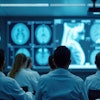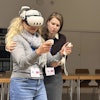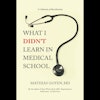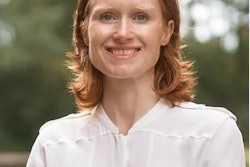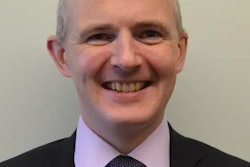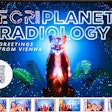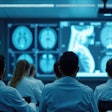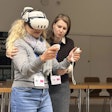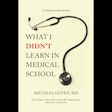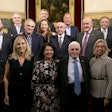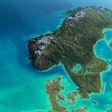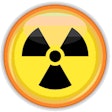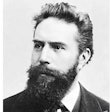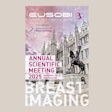The U.K. Royal College of Radiologists has published a blog article by a radiologist that offers personal reflections and considerations on Ramadan fasting.
Dr. Qaiser Malik, a consultant musculoskeletal radiologist and clinical director of radiology at Mid and South Essex NHS Trust, says the most difficult aspect physically being the lack of sleep due to nightly prayers, as well as the early morning awakening to consume some food (known as sehri).
"Personally, I do not find any particular issue and as we are all aware, many new fad diets involve periods of fasting and studies have demonstrated that there is very little, if any, effect on concentration levels," he wrote. "My advice to a fasting doctor would be to try and take regular breaks during work hours. If fasting starts to affect your concentration or ability to work to your usual pattern, then it may be beneficial to discuss this with your line manager. I’ve also found that many colleagues are understanding and aware of the obligation of Ramadan and fasting."
This year, Ramadan has served as a poignant reminder of the food insecurity that many people around the world suffer, with the unfolding humanitarian crisis in Gaza, according to Malik, who is the RCR's medical director, membership and business. "2024 will always be remembered for the desperate situation in Gaza, as well as for those suffering in conflicts throughout the world, but regardless of religious belief, we pray together for an end to suffering for all and a speedy restoration of peace."
He also notes that it is prohibited to fast for the unwell, infirm, and for anyone in need of regular medication and that the obligation of fasting can be replaced by donating to charity if one is able.
The full article is available here.

